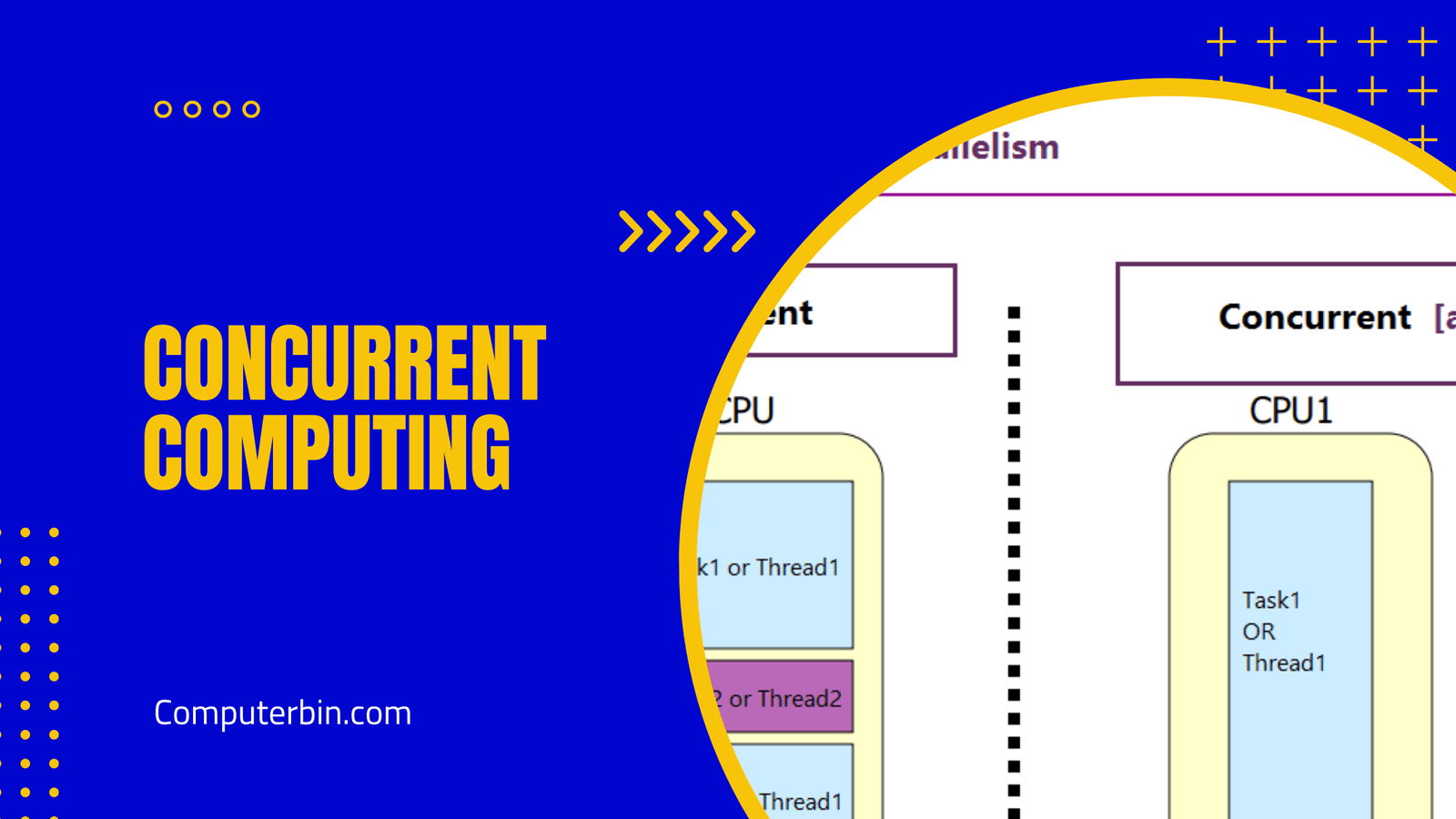When it comes to computer performance, clock speed is one of the most critical factors. Clock speed refers to how many cycles per second a processor can perform on average; higher clock rates mean faster calculations and execution of instructions by your machine.
Clock speed is typically expressed in Hertz (Hz), or gigahertz (GHz) increments. For instance, a processor with a clock speed of 3.4 GHz can complete 3.4 billion cycles per second.
The speed of a computer’s processor is determined by its internal clock, which controls the timing of operations. The faster this clock runs, the more cycles can be executed per unit time.
Clock speed is an important factor when it comes to computer performance, but it’s not the only one. Other elements like processor cores and threads, cache memory capacity and processor architecture can all have an effect on a machine’s efficiency.
Furthermore, clock speed may not always be the most accurate metric when measuring a processor’s performance. Two processors with identical clock speeds may exhibit different characteristics depending on other factors like the type of instruction set they support and their microarchitecture’s efficiency.
When purchasing a new computer or upgrading an existing one, it’s essential to take into account various factors like clock speed in order to find the optimal option for your requirements.





